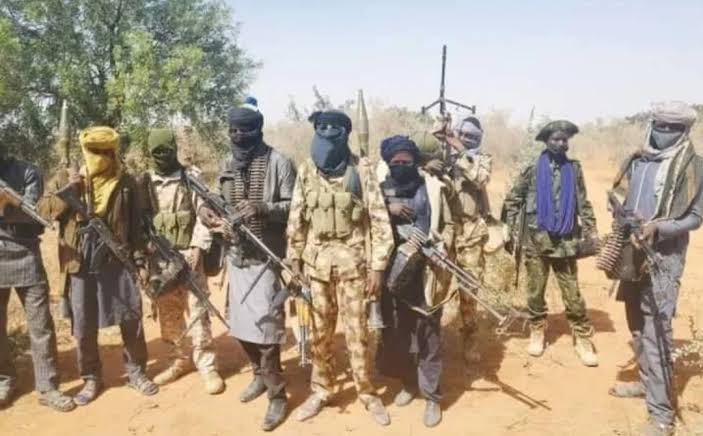The recent attack on the Zike community in Plateau State, claiming 51 lives, is tragically just the latest chapter in Nigeria's long history of communal violence, terrorism, and what some officials now openly call genocide. Nigeria has faced waves of violence across multiple regions for decades. Plateau State, located in Nigeria's northcentral, has become an epicenter of these attacks. The Christmas 2023 massacre that claimed approximately 200 lives in predominantly Christian communities shocked the world, but such violence is disturbingly commonplace.
In the northeast, Boko Haram has waged a brutal insurgency since 2009, killing tens of thousands and displacing millions. The group's 2014 kidnapping of 276 schoolgirls from Chibok garnered international attention, yet thousands of similar abductions have occurred with minimal coverage. Till date, up to 90 girls are still missing.
The northwest has seen the rise of heavily armed "bandit" groups conducting mass kidnappings and village raids. Meanwhile, separatist tensions in the southeast and militancy in the oil-rich Niger Delta have created additional security challenges.
While competition between farmers and herders over increasingly scarce land is often cited as the primary driver of violence in the Middle Belt, many local leaders like Governor Caleb Mutfwang argue this explanation is insufficient. The systematic nature of attacks, their coordination, and their brutality suggest more complex motivations.
Religious and ethnic dimensions cannot be ignored. Many attacks target specific communities based on their identity. The apparent occupation of 64 communities in Plateau State, as claimed by Governor Mutfwang, points to territorial control ambitions beyond mere resource disputes.

Nigeria's security challenges are compounded by a persistently weak government response. There have been reactive rather than preventive measures, under-resourced security apparatus, corruption and complicity allegations, Polotical resistance, and impunity.
The violence plaguing Nigeria has devastated the country's socioeconomic fabric in profound ways.
Nigeria's agricultural sector, which employs nearly 70% of the population, has been crippled in conflict zones. In the Northcentral (Benue), once considered Nigeria's "food basket," production has plummeted as farmers abandon their fields for fear of attacks. This has contributed to soaring food prices nationwide and increased food insecurity. There has also been a strain on public resources as government spending has been increasingly directed toward security operations rather than development projects. The cost of rebuilding destroyed infrastructure such as schools, hospitals, roads, and homes drains public coffers that could otherwise support economic growth. Other aspects affected are; investment detterence, displaced population crisis, psychological trauma and educational setbacks.
Beyond the death toll, these attacks create profound humanitarian crises. Displacement, trauma, economic devastation, and deepening intercommunal mistrust compound the suffering. Entire communities have been abandoned, agricultural production disrupted, and education systems collapsed in affected areas.
The Path Forward
Breaking Nigeria's cycle of violence requires fundamental approaches:
A comprehensive security strategy that addresses not just symptoms but root causes
Transparent investigations and prosecutions to end impunity
Community-based conflict resolution mechanism
Economic development to reduce resource competition
Political will to confront challenging ethno-religious dynamics
Targeted reconstruction efforts focused on sustainable economic recovery
Until Nigeria's leadership demonstrates genuine commitment to these approaches, communities like Kimakpa will continue to bury their dead, wondering when and not if the next attack will come, while the nation's economic potential rem
ains tragically unrealised.

